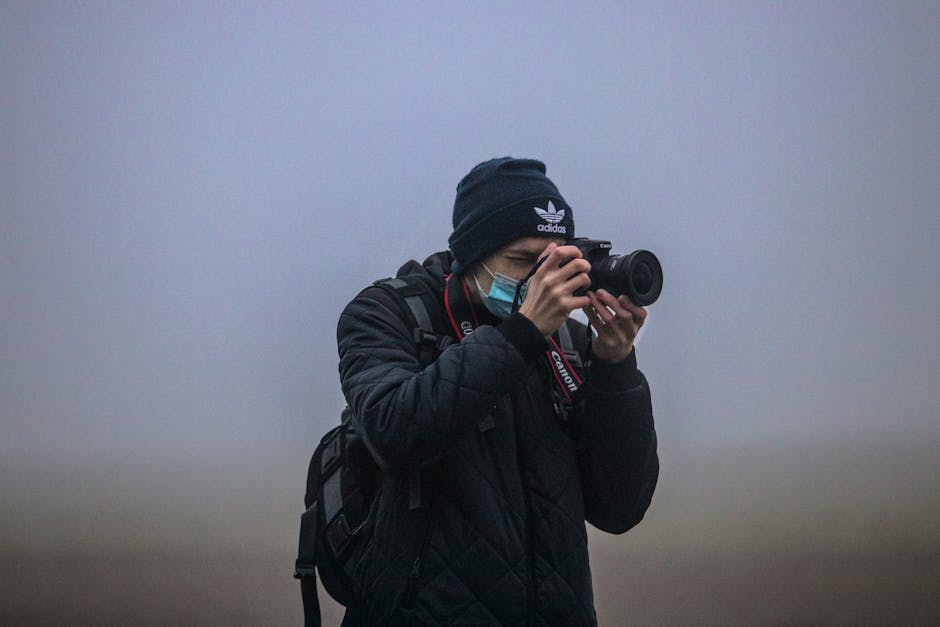Travel Safety Tips for Solo Travelers: Staying Safe on the Road
Traveling solo can be a transformative and empowering experience, offering the freedom to explore new destinations at your own pace. It also comes with unique challenges, particularly when it comes to personal safety. For those venturing out on their own, being prepared and informed is essential to ensure a secure and enjoyable trip.

From understanding local customs to being vigilant about surroundings, solo travelers must adopt strategies that minimize risks while maximizing the joy of discovery. With a mix of proactive planning and real-time awareness, it’s possible to navigate unfamiliar terrains confidently and safely.
Planning Ahead: Research and Preparation
Effective preparation begins long before departure. Researching your destination thoroughly will help you understand the local culture, language barriers, and any safety concerns specific to the region. Websites such as CDC provide valuable health-related information, while platforms like Travel.State.Gov offer travel advisories for various countries.
- Check for any travel warnings or alerts issued for your chosen destination.
- Familiarize yourself with local laws and customs to avoid unintentional offenses.
- Create a detailed itinerary and share it with a trusted friend or family member.
Packing wisely is another critical step. Essentials like a portable phone charger, a basic first-aid kit, and copies of important documents (both physical and digital) can make a significant difference in emergencies.
Staying Connected: Communication and Emergency Plans
Maintaining communication with someone back home is crucial for solo travelers. Before leaving, ensure your phone plan includes international coverage or purchase a local SIM card upon arrival. Apps such as WhatsApp or Skype can help you stay in touch without incurring hefty roaming charges.
It’s also wise to identify emergency contact numbers for the country you’re visiting, including the local police, medical services, and your country's embassy. Save these numbers in your phone and have them written down as well.
A helpful tip is to establish check-in times with someone you trust. Regular updates on your location can provide peace of mind for both you and those concerned about your safety.
Being Street-Smart: Awareness While Exploring
When traveling alone, staying alert and aware of your surroundings is paramount. Simple habits can significantly reduce risks:
- Avoid flashing valuables such as expensive jewelry or large amounts of cash.
- Blend in by dressing modestly and observing how locals behave.
- Choose busy streets over deserted alleys when walking at night.
If using public transport, familiarize yourself with the system beforehand to avoid looking lost or vulnerable. Services like Google Maps or Citymapper can assist in navigating unfamiliar areas discreetly.
Accommodation Safety: Choosing the Right Place
The place where you stay plays a crucial role in your overall safety. Select accommodations with positive reviews regarding security measures, such as keycard access or 24-hour reception desks. Websites like TripAdvisor can offer insights from previous travelers.
When checking into your hotel or hostel, request a room located above ground level but not too high up in case of an emergency evacuation. Always lock doors and windows securely when inside, and use additional locks if available.
Trusting Your Instincts: The Importance of Intuition
Your gut feeling is often an excellent indicator of potential danger. If something doesn’t feel right (be it an overly friendly stranger or an unfamiliar area) it’s better to err on the side of caution. Politely declining offers or changing routes when necessary can prevent uncomfortable situations from escalating.
Solo travelers should also consider taking self-defense classes before their trip. Basic knowledge of how to protect yourself physically can boost confidence while reducing fear during unforeseen circumstances. The freedom of solo travel does not need to come at the expense of safety. With careful planning, constant awareness, and trust in your instincts, exploring the world independently can be both secure and immensely rewarding.
This article was generated by AI